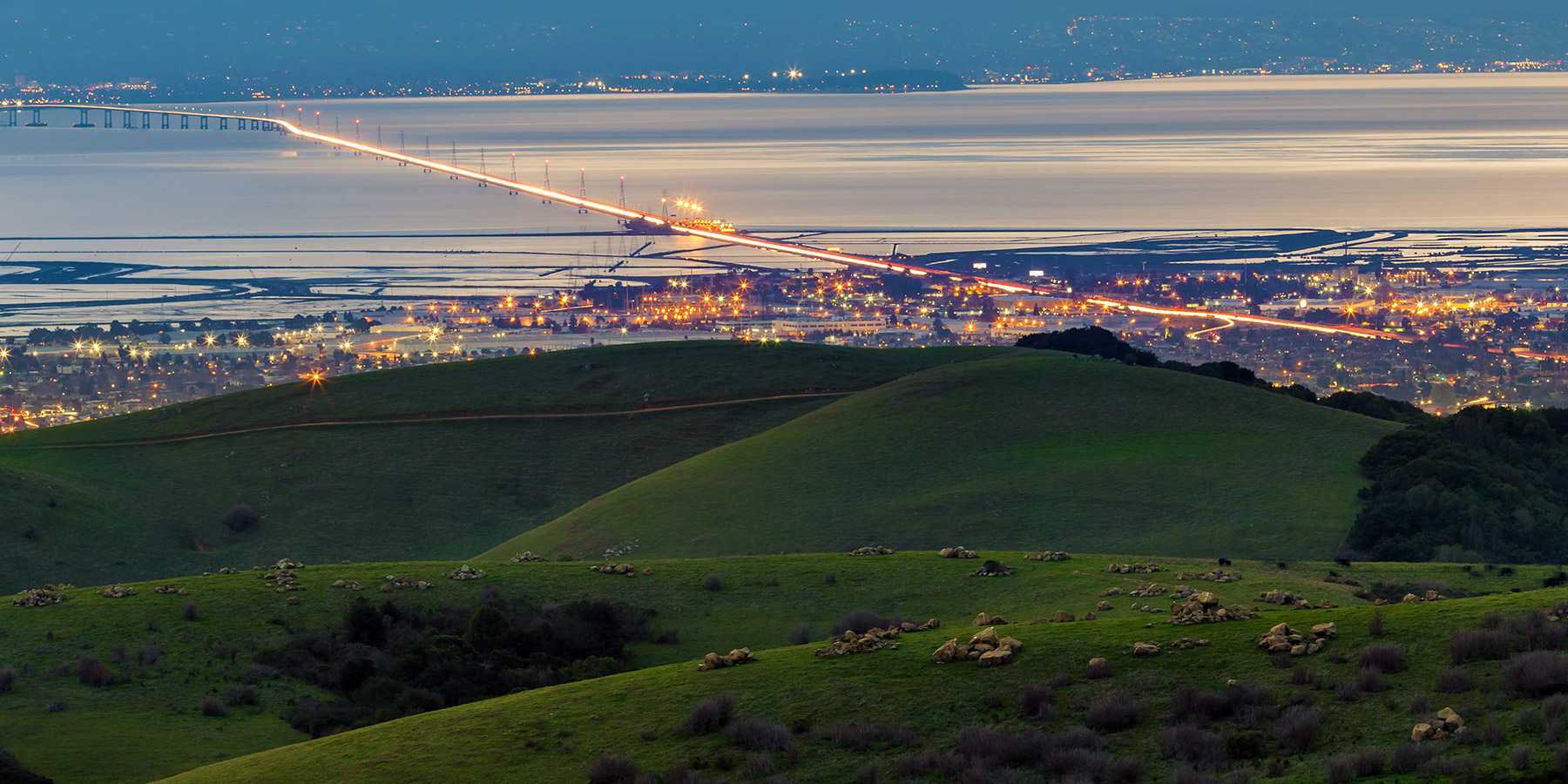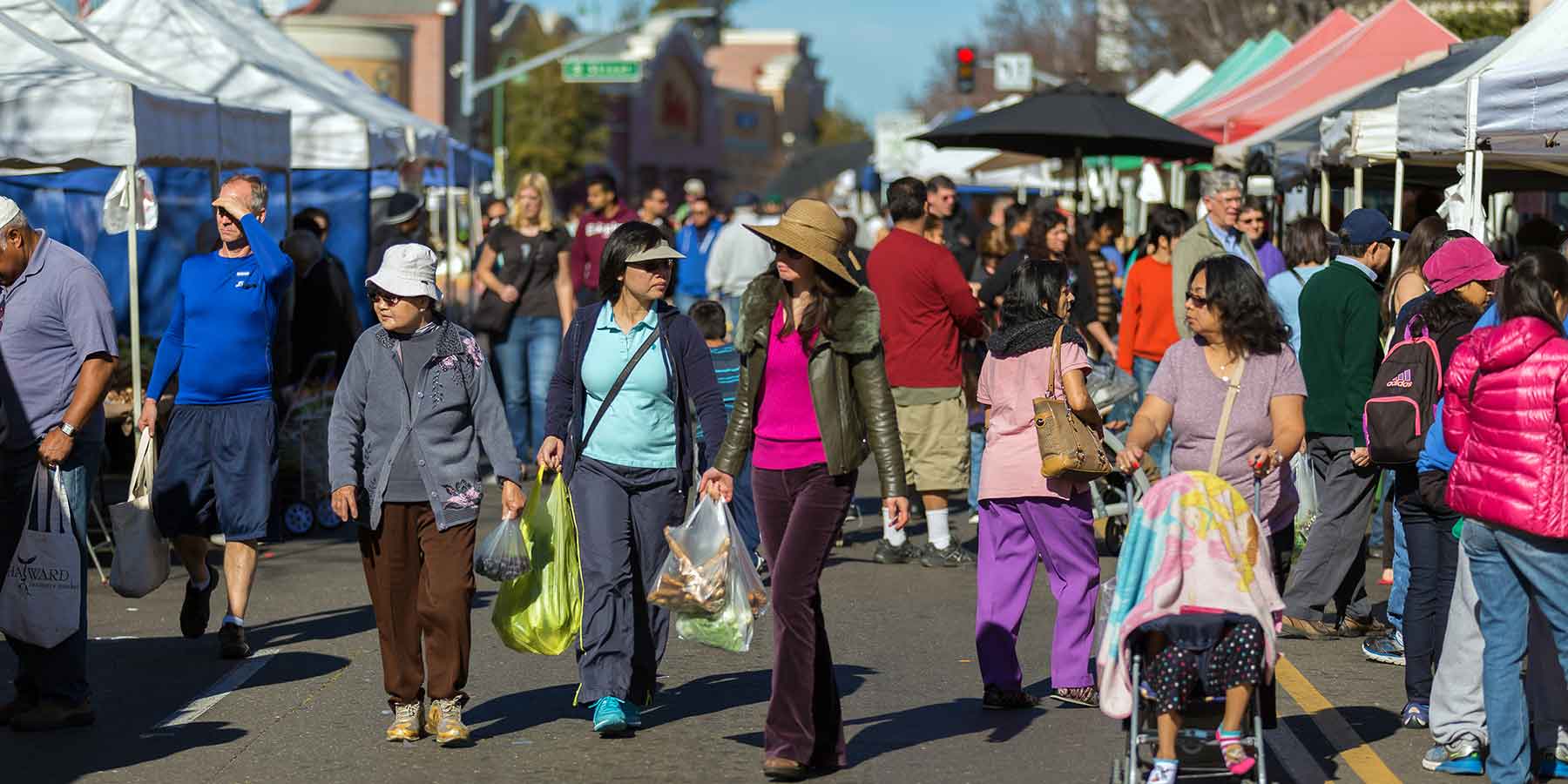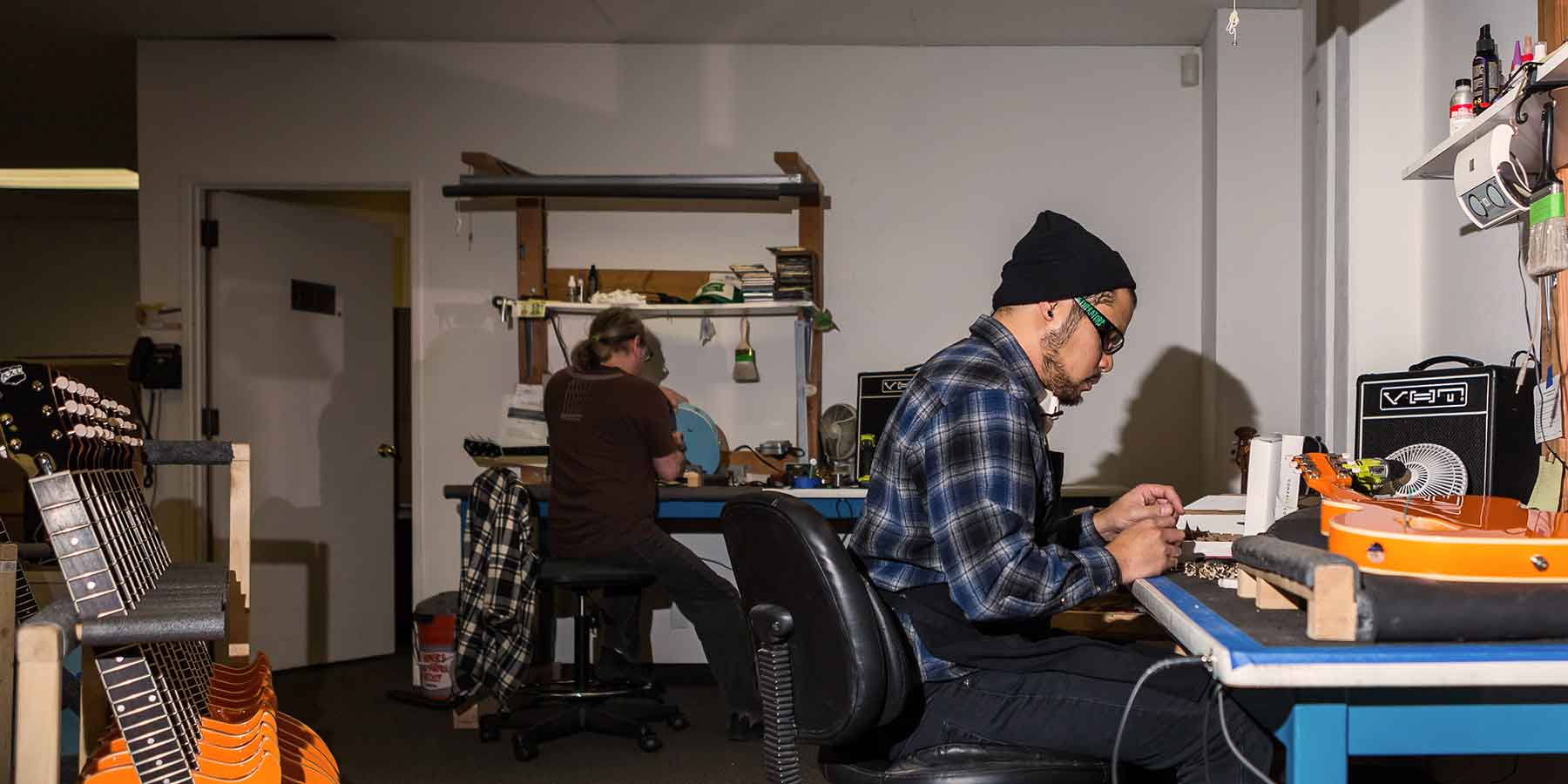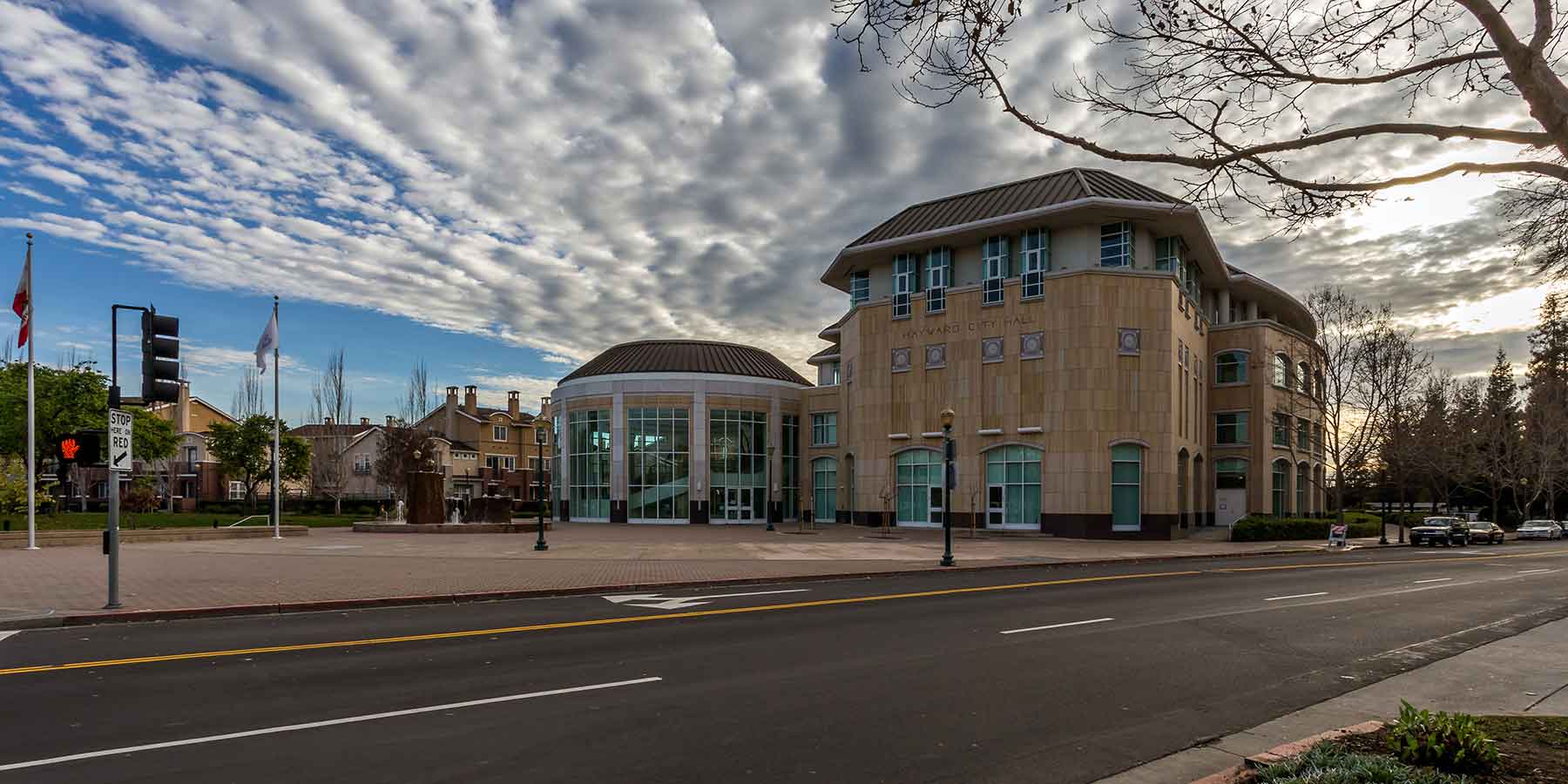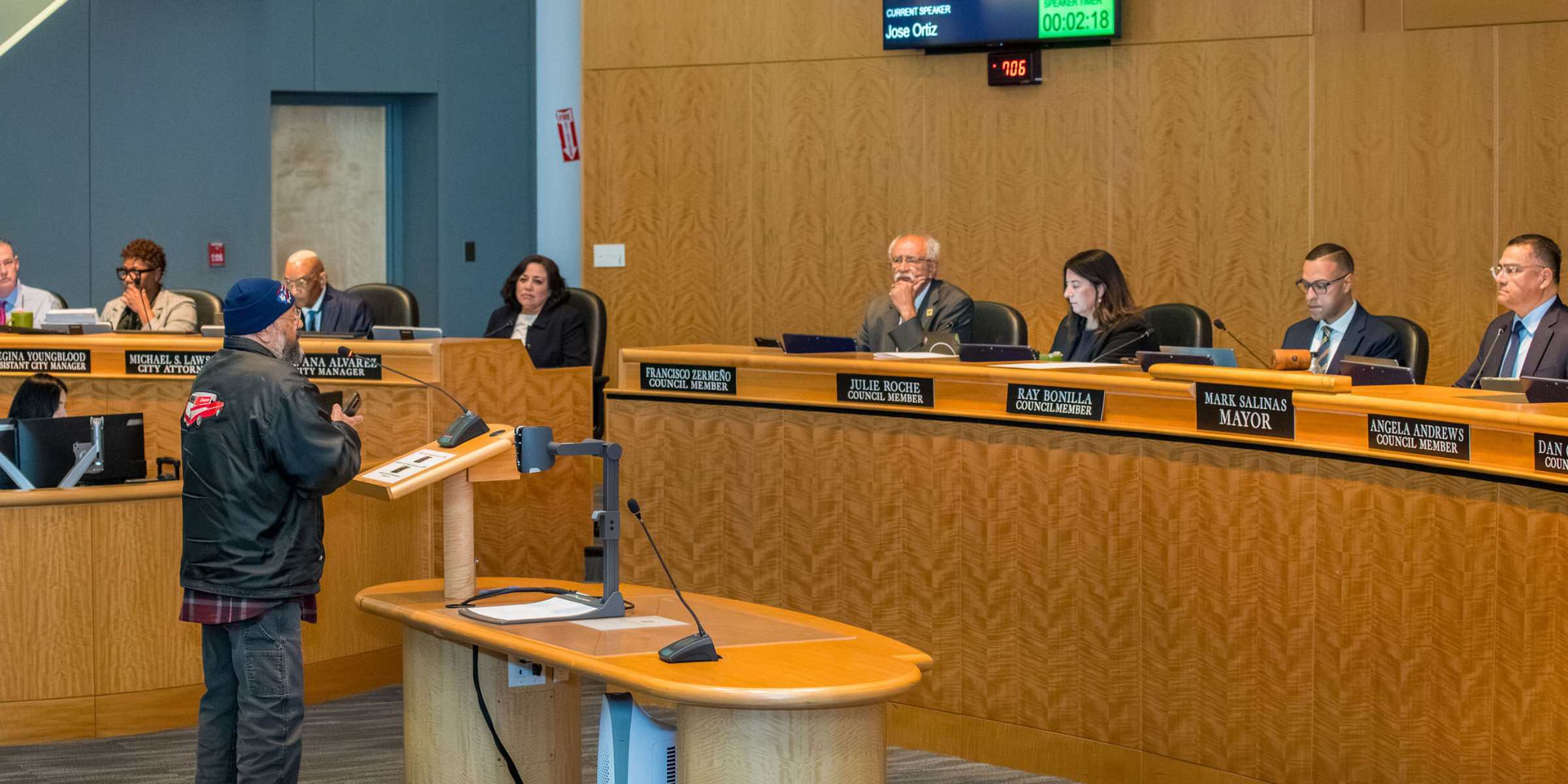Reach Code

The City of Hayward is considering a new Reach Code. Hayward has had a Reach Code in place since 2020. The current reach code, adopted by the City Council on November 15, 2022, amended the 2022 California Building Code, which will expire on December 31, 2025. If adopted by the City Council, Hayward’s new Reach Code would amend the 2025 California Building Code, which will take effect on January 1, 2026.
Hayward’s current Reach Code requires:
- Residential Buildings — Effective January 25, 2024, the City is no longer enforcing this provision. New residential buildings are currently allowed to include natural gas.
- Non-Residential Buildings — All new non-residential buildings for which natural gas infrastructure is installed must be “electric ready”. (Electric Ready means the wiring, electrical capacity and physical space needed is provided to allow the building to be converted to an all-electric building in the future.) For more information, please refer to the ordinance language.
- EV Charging — All new buildings and modifications to existing buildings resulting in new parking spaces must have electric vehicle (EV) charging infrastructure installed above and beyond that required by the California Green Building Standards Code. Updated EV charging requirements were approved by the City Council on June 17, 2025, and are included in the City’s Parking Regulations.
What Are Reach Codes?
Reach codes are building codes that are more advanced than those required by the state. Every three years, cities and counties across California adopt the new Building Standards Code or Title 24 of the California Code of Regulations. Cities can also choose to adopt local reach codes, on top of these Standards, at anytime. Reach codes that are related to energy efficiency must be proven to be cost-effective.
More than 60 Cities and Counties across California have adopted reach codes to reduce the use of fossil fuels.
Why establish reach codes?
As the grid becomes cleaner, the benefits of greenhouse gas (GHG) free electricity can best be realized by electrification of buildings and vehicles. Instead of burning fossil gas and gasoline to operate buildings and vehicles, Hayward can reduce emissions by powering buildings and vehicles with clean electricity provided by Ava Community Energy. All-electric buildings are safer and healthier to live in and are cost effective, especially when designed for new construction.
Reach Code Checklists
Fill out one of these checklists to ensure your development is in compliance with the City of Hayward's Reach Code:
Upcoming Meetings
September 8, 2025 at 5:00p.m. – City Council Sustainability Committee Meeting at Hayward City Hall, Conference Room 2A and on Zoom The staff report and meeting details will be available here on Friday, September 5, 2025.
Previous Meetings
June 17, 2025 — City Council
Electrification Reach Code: Introduction of Revised Electrification Reach Code Ordinance with Minor Modifications Required by California Building Standards Commission
December 17, 2024 — City Council
Electrification Reach Code: Adopt a Resolution Finding and Determining the Need for Adoption of Modifications to the 2022 California Building Standards Code; Introduce a Revised Electrification Reach Code Ordinance with Amendments Related to EV Charging; and Finding that the Action is Exempt from CEQA
November 18, 2025 — Sustainability Commitee
Proposed Reach Code Amendments to EV Charging Requirements
March 11, 2024 — Sustainability Committee
Reach Code - Current Status and Future Revisions - Discussion and Direction to Staff
June 6, 2023 — City Council
Reach Code Amendments: Introduction of Revised Electrification Reach Code Ordinance with Minor Modifications Required by California Building Standards Commission; and Finding that the Action is Exempt from CEQA
November 15, 2022 — City Council
Adopt an Ordinance Establishing Reach Codes for the City of Hayward, Repealing Ordinance 20-05, Adopting Chapter 9, Article 8 of the Hayward Municipal Code to Amend Part 11 (California Green Building Standards Code) of the California Building Standards Code (Title 24 of the California Code of Regulations), and Amending the City's Off-Street Parking Regulations (Chapter 10, Article 2) of the Hayward Municipal Code
November 1, 2022 — City Council
Reach Code: Introduction of Reach Code Ordinance: 1) Addressing New Building Electrification; 2) Addressing Electric Vehicle Charging Requirements; and 3) Repealing Current Reach Code (Ordinance 20-05)
October 6, 2022 – Sustainability Committee
2023 Electrification Reach Codes - Discussion and Recommendation to Council
June 14, 2022 – City Council
2023 Electrification Reach Code: Information and Discussion
May 26, 2022 – Planning Commission
Proposed 2023 Reach Code Update
May 9, 2022 - Sustainability Committee
2023 Reach Code - Information and Discussion
March 14, 2022 - Sustainability Committee
Considerations for the 2023 Reach Code - Information and Discussion
March 3, 2020 - City Council
Electrification Reach Codes: Adopt a Resolution and Introduce an Ordinance to Adopt Electrification Reach Codes for the 2019 California Energy Code and California Green Building Standards Code
October 30, 2019 - Sustainability Committee report titled Revised Draft Electrification Reach Codes for 2019 California Energy Code and California Green Building Standards Code - presentation
September 17, 2019 – Sustainability Committee report titled Draft Electrification Reach Codes for 2019 California Energy Code and California Green Building Standards Code - presentation
May 13, 2019 – Sustainability Committee report titled Update on Possible Reach Code for Building and Vehicle Electrification - presentation
January 14, 2019 – Sustainability Committee report titled Natural Gas Use in New Construction - presentation
July 16, 2018 – Sustainability Committee report titled Building Electrification & Reducing Natural Gas Use - presentation
Resources
- Bay Area Working Group Website (a collaboration of East Bay Community Energy, Peninsula Clean Energy, Silicon Valley Clean Energy, Alameda County, Santa Clara County and the San Mateo County Office of Sustainability)
- BayREN Guide to Understanding and Adopting Reach Codes
- Statewide Cost-Effectiveness Studies
- Reach Code Ordinances (adopted by local governments across California)


